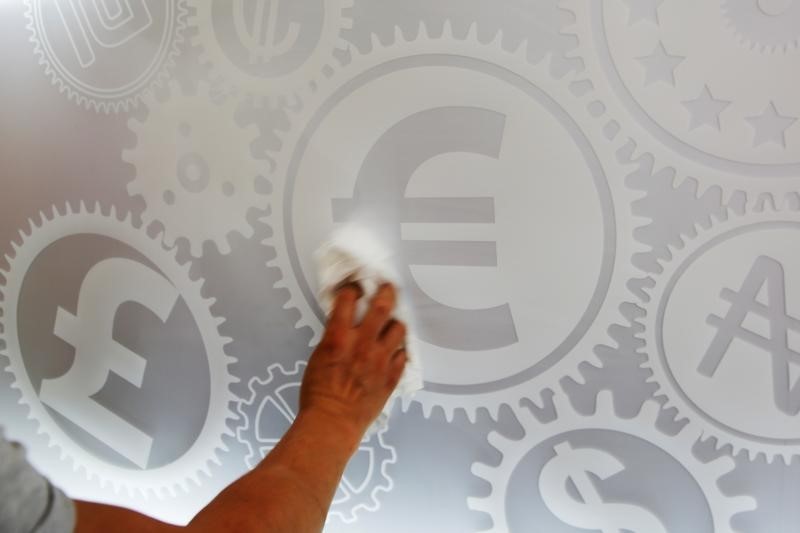UBS sees EUR/CHF slipping amid rate cuts
UBS has revised its forecast for the EUR/CHF currency pair, anticipating a slight decline to 0.93 in the second half of 2024. The global economy's soft landing has been favorable for the Euro, but Europe's disappointing growth prospects have capped the pair's rise. After recovering from a dip to 0.92 at the start of August, the EUR/CHF has stabilized around 0.95.
The Swiss National Bank (SNB) is expected to make one final interest rate cut in September, concluding its easing cycle while other central banks may continue to ease. The European Central Bank (ECB) is predicted to decrease its interest rate by at least another 50 basis points this year, which would narrow the rate differential with Switzerland and potentially support the Swiss Franc (CHF).
Economic growth on the continent has been stagnant, and fiscal consolidation efforts are likely to mitigate the positive effects of lower rates. Additionally, the uncertainty from political developments over the summer is expected to maintain high uncertainty, favoring the CHF over the EUR.
Despite the Euro being supported by the decline in global yields, the lack of enthusiasm in the Eurozone from both a growth and geopolitical standpoint is likely to drive the EUR/CHF lower in the coming months.
The main risk identified by UBS is the central bank's reaction to a rapid appreciation of the CHF. Speculation about foreign exchange interventions by the SNB was noted in early August, but UBS believes the central bank will continue to prioritize interest rates while they remain in restrictive territory.
In terms of investment considerations, UBS has moved away from its previous guidance of a 0.95-1.0 range for EUR/CHF. The firm now sees the currency pair grinding lower, with resistance expected in the 0.96-0.97 range and support near 0.92.
However, if growth in Switzerland weakens more than anticipated, or if the SNB signals its discontent with CHF strength and takes action to weaken it, the EUR/CHF could potentially remain around 0.95, UBS noted.
This article was generated with the support of AI and reviewed by an editor. For more information see our T&C.
Source: Investing.com
